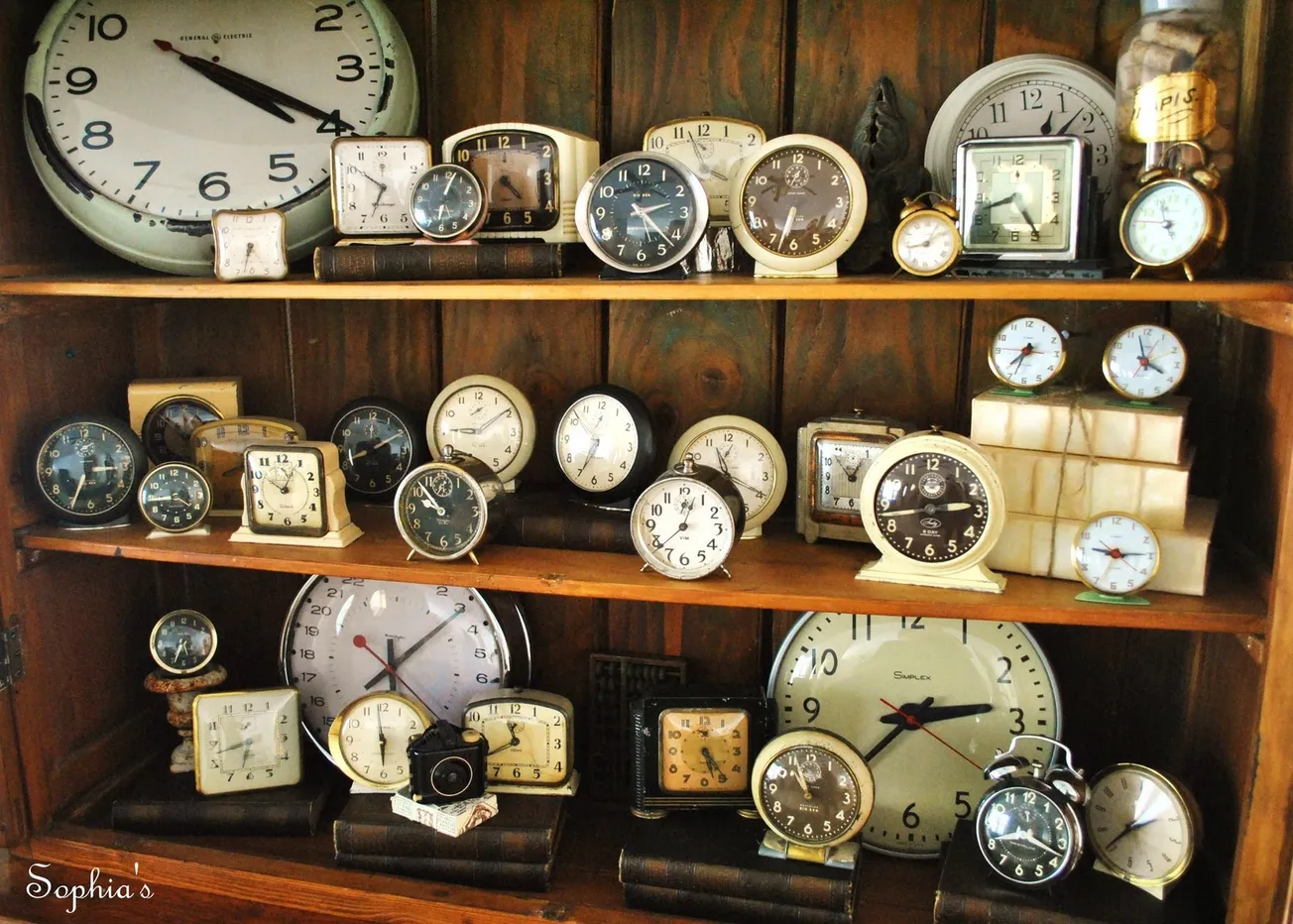Table of Contents
On the 2nd of November 1868, New Zealand became the first country in the world to adopt a national standard time. We really are and have been, an incredible bunch of forward thinkers over the short period that this nation has existed.
At noon, all the clocks in New Zealand that were connected by telegraph to Wellington, or were regulated by a clock that was, struck 12 at the same moment. It was a brief moment of unity for a colony less than three decades old and divided by internal conflicts, not least the wars currently raging on both coasts of the North Island.
Two months to the day earlier, the House of Representatives had resolved ‘that New Zealand mean time be observed throughout the Colony’. Government scientist James Hector had subsequently recommended that New Zealand clocks be set 11½ hours ahead of Greenwich Mean Time (the time in London). To achieve this required adoption of the meridian (line of longitude) 172° 30´E. This meridian comes ashore at Waihora/Lake Ellesmere, then runs due north just west of Christchurch, Cape Farewell and Cape Maria van Diemen. While most of New Zealand’s population live to its east, it was the best available option.
On Friday 30 October, Colonial Secretary (and Premier) Edward Stafford announced that central government offices would open and close in accordance with New Zealand Mean Time from the following Monday, 2 November. With Greenwich Mean Time not yet universally observed in Great Britain, New Zealand became the first self-governing jurisdiction to adopt a standard time.
New Zealand’s north/south orientation made a standard time practicable – the time difference between East Cape and West Cape is about 48 minutes, so no one would be too greatly inconvenienced by its adoption. The development of a telegraph network in the 1860s made it feasible to transmit time signals more or less instantaneously.
When the International Meridian Conference of 1884 voted to adopt Greenwich as the prime meridian, it effectively endorsed Hector’s decision without being aware of it.
NZ History
It only took the Brits 16 years to catch up with this innovation.









